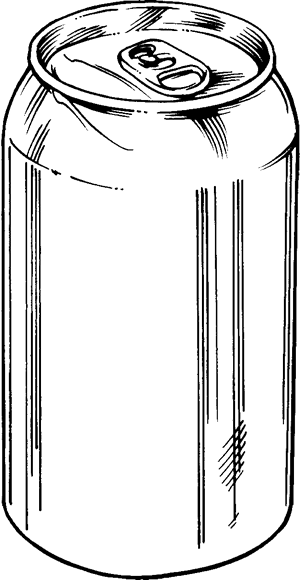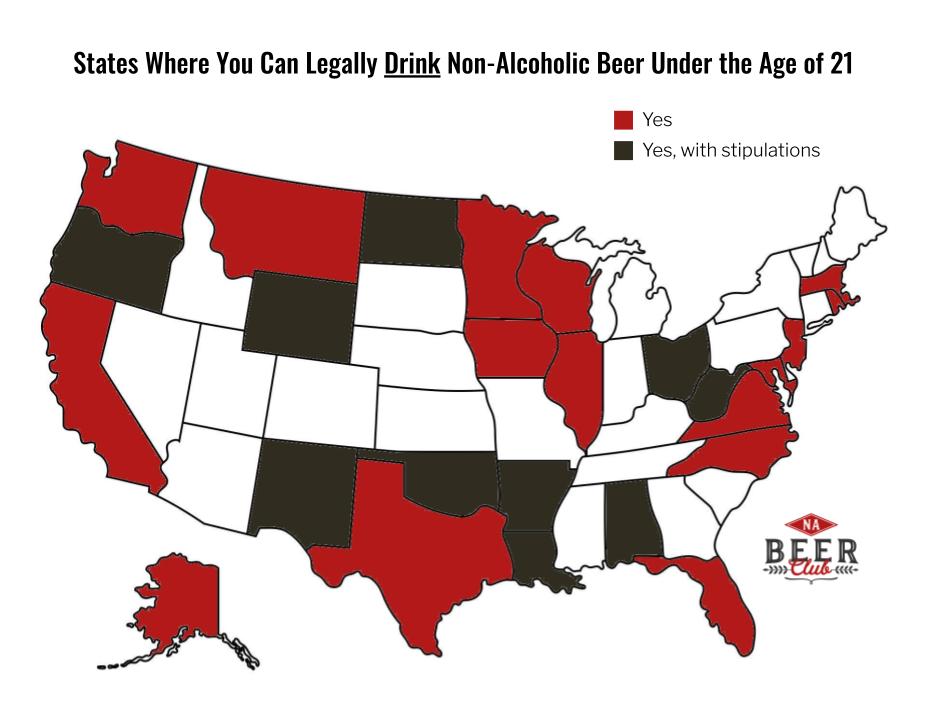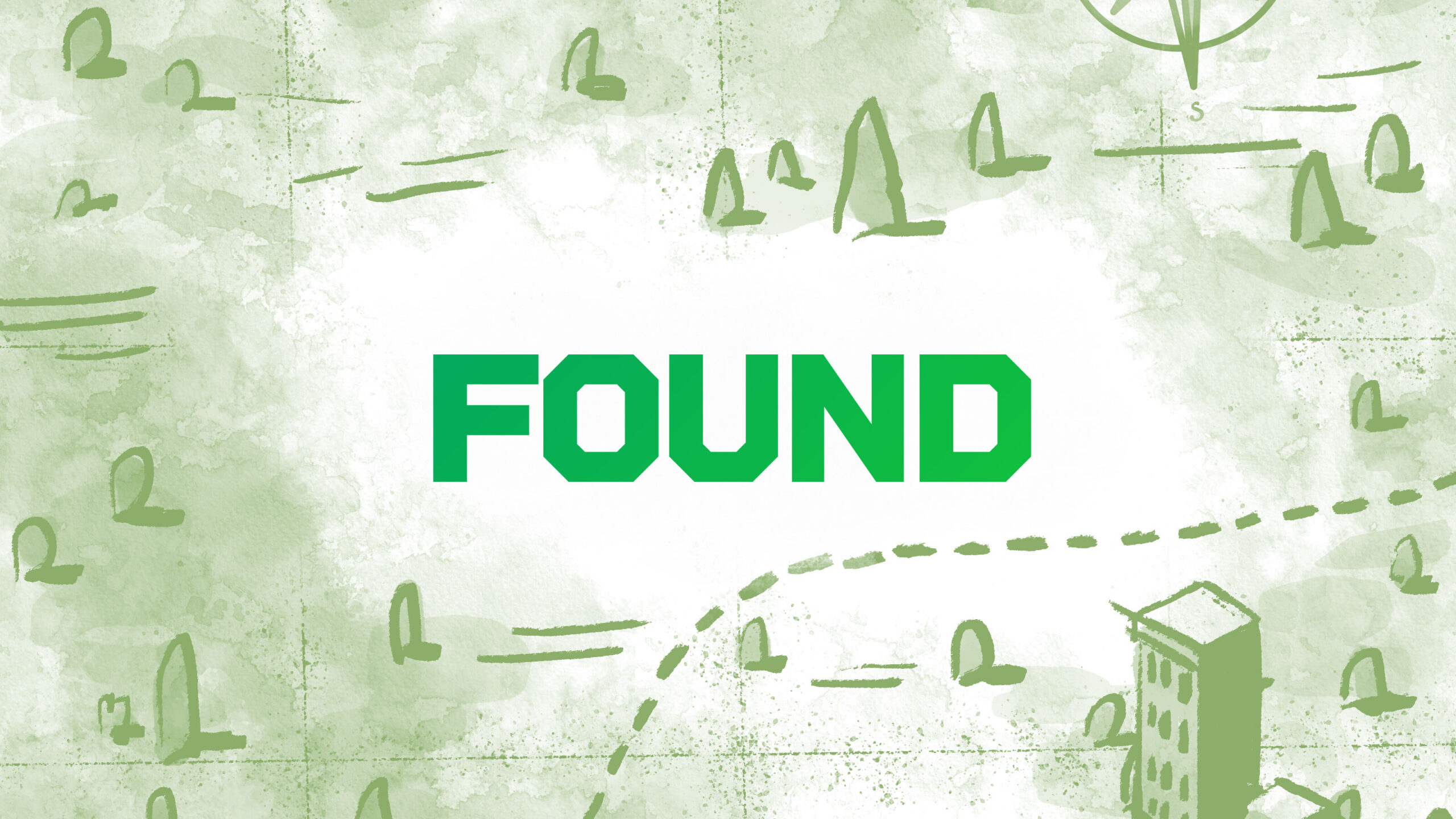Wisconsin’s Marijuana Laws in 2025: Current Status, Proposals, and How to Stay Compliant
Introduction: Understanding Marijuana Legality in Wisconsin
As of 2025, marijuana remains illegal in Wisconsin for both recreational and medicinal use. Despite persistent legislative activity and growing public support, the state’s laws strictly prohibit the possession, sale, cultivation, and use of cannabis, with only narrow exceptions for certain cannabis-derived products. This article provides an in-depth overview of Wisconsin’s current marijuana laws, recent legislative proposals, and practical steps for residents and businesses seeking guidance or alternatives.[2][5]
The Current Legal Status of Marijuana in Wisconsin
Wisconsin law prohibits any form of marijuana possession, use, cultivation, manufacturing, distribution, or sale. These restrictions apply to both recreational and medical purposes. Violations can result in criminal charges, including fines and possible imprisonment. Some municipalities, such as Madison, Milwaukee, Kenosha, Appleton, Green Bay, and Wausau, have enacted local ordinances that reduce penalties for possession of small amounts, treating them as civil violations rather than criminal offenses. However, this does not equate to legalization, and possession of larger quantities or repeated offenses can attract harsher penalties.[2][5]
Recent Legislative Proposals and Political Landscape
Efforts to legalize marijuana in Wisconsin have been ongoing. In the 2025-27 state budget, Governor Tony Evers proposed measures to legalize and regulate both recreational and medical cannabis. The proposals, detailed in companion bills AB50 and SB45, would have allowed adults 21 and older to possess up to two ounces of marijuana and cultivate up to six plants for personal use. Non-residents would have been limited to a quarter ounce. A medical marijuana program was also outlined, permitting qualifying individuals 18 and older with debilitating medical conditions to access cannabis.[1]
Despite these efforts, on May 8, 2025, Wisconsin’s Joint Finance Committee removed all marijuana legalization provisions from the governor’s budget, effectively halting progress for the current session. This means that, as of now, marijuana remains illegal statewide.[3]
Political support for legalization is growing, with recent polls showing that two-thirds of Wisconsin voters favor legalizing marijuana. Both major parties have indicated interest in introducing new bills, with Republicans focusing on medical cannabis regulation and Democrats expressing intent to pursue broader legalization if they gain control of the legislature.[4]
Medical Marijuana: What Is and Isn’t Allowed
There is currently no legal medical marijuana program in Wisconsin. Previous proposals sought to establish a registry for patients with qualifying medical conditions, such as cancer, glaucoma, HIV/AIDS, PTSD, and others, but none have become law.[1]
Residents seeking medical cannabis are advised to:
- Consult with their healthcare provider to discuss legal alternatives, such as FDA-approved cannabinoid medications (e.g., Epidiolex, Marinol).
- Explore legal, non-THC hemp-derived products (CBD), which are available in Wisconsin, provided they contain less than 0.3% THC.
- Review current federal guidelines and state advisories for updates on medical cannabis eligibility.
Local Ordinances and Decriminalization Efforts
A number of Wisconsin cities have decriminalized possession of small amounts of marijuana, typically making it a civil offense with a fine instead of a criminal charge. For example, Madison and Milwaukee treat possession of under 25 grams as a civil violation, but this does not protect individuals from prosecution under state law for larger quantities or repeated offenses.[2]
Individuals considering cannabis use should:
- Check local city ordinances for specific penalties and enforcement practices.
- Be aware that state law supersedes local ordinances for larger amounts or multiple offenses.
- Contact a local attorney with cannabis law expertise for guidance on compliance and defense strategies.
Practical Guidance for Residents and Businesses
If you are a resident:
- Do not possess, use, grow, or distribute marijuana in Wisconsin, as it remains illegal.
- For medical needs, speak with your physician about legal alternatives or FDA-approved cannabis-derived medications.
- Research local laws if residing in a municipality with decriminalized possession, but remain cautious about state-level enforcement.
- Stay informed by following legislative updates and advocacy groups such as the Wisconsin Cannabis Association.
If you are a business or entrepreneur:
- Do not sell or distribute marijuana products, as penalties remain severe under state law.
- Explore opportunities in legal hemp and CBD markets, which are regulated separately and permitted under federal and state law.
- Consult with attorneys specializing in cannabis law to prepare for future legislative changes and ensure compliance with current regulations.
- Monitor news outlets and legal blogs, such as Amundsen Davis’s Cannabis Business Legal News, for updates on proposed bills and industry opportunities.
Alternatives and Next Steps
Legal Alternatives:
- CBD products derived from hemp, containing less than 0.3% THC, are legal and widely available in Wisconsin. Always verify product labels and purchase from reputable suppliers.
- FDA-approved cannabis-derived medications are available by prescription for specific conditions. Discuss these options with your healthcare provider.
Staying Informed:
- Track legislative changes by visiting official Wisconsin government websites or subscribing to legal news blogs.
- Engage with advocacy organizations, such as Wisconsin NORML, for updates and community support.
- Contact state lawmakers to express your views on cannabis legalization.
- If you face legal issues related to cannabis, consult a qualified attorney with experience in Wisconsin drug laws.
Potential Challenges and Solutions
Challenges:
- Confusion over local vs. state law enforcement.
- Uncertainty about future legislative changes and business opportunities.
- Risk of penalties for possession, distribution, or cultivation.
Solutions:
- Stay up to date on local and state regulations through verified legal news sources.
- Consult legal professionals for guidance on compliance and defense strategies.
- Explore legal hemp and CBD markets as alternatives for business or personal use.
- Advocate for legislative change by contacting elected officials and participating in community forums.
Summary: Key Takeaways for Wisconsin Residents and Businesses
As of 2025, marijuana remains illegal in Wisconsin for both recreational and medical purposes. Legislative proposals to legalize cannabis have not passed, but public support and political momentum continue to grow. Residents and businesses should avoid illegal activity, explore legal alternatives, and stay informed of ongoing legislative developments. For compliance, legal guidance, or advocacy, consult with qualified professionals and trusted organizations.
References
- [1] Amundsen Davis Law (2025). Marijuana Legalization Proposed Again in Wisconsin: Considerations and Potential Opportunities.
- [2] WisconsinStateCannabis.org (2023). Wisconsin Marijuana Laws 2025.
- [3] Amundsen Davis Law (2025). Marijuana Legalization Cut from Wisconsin Governor’s Proposed Budget.
- [4] Marijuana Moment (2025). Republican Candidate For Wisconsin Governor Says He’s ‘Open’ To Marijuana Legalization.
- [5] JKippaLaw.com (2025). What Are the 2025 Laws on Marijuana in Wisconsin?
MORE FROM searchcritic.com













